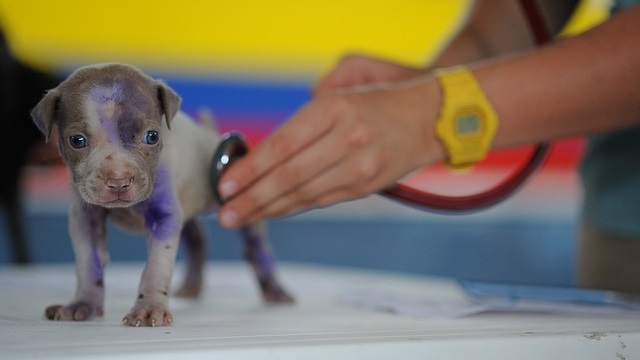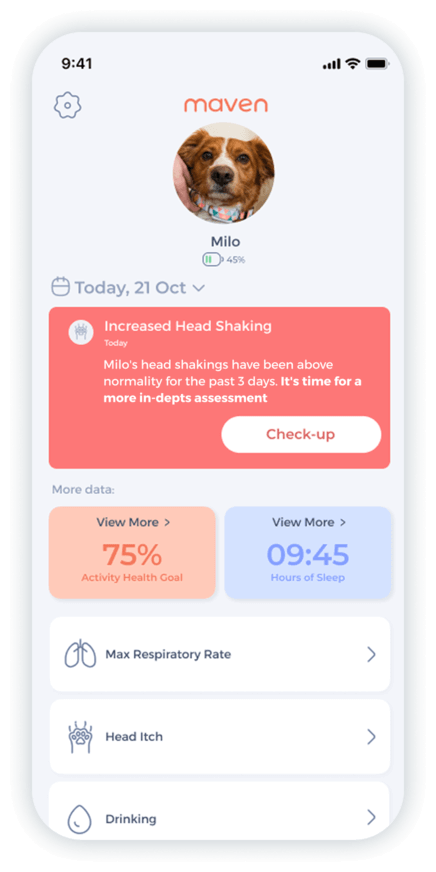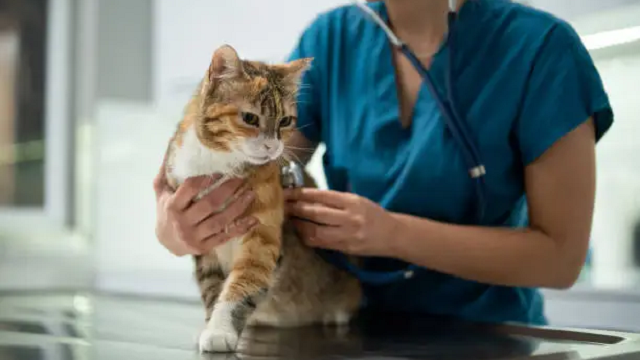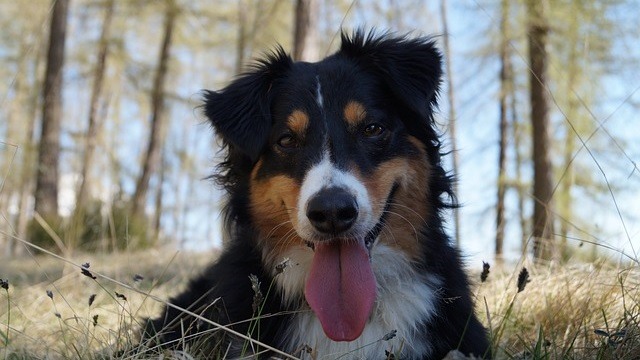AI Is The Future Of Pet Health – Here’s Why
In the ever-evolving landscape of technology in veterinary medicine, artificial intelligence (AI) keeps making groundbreaking strides. As we venture into a future in which our furry friends can benefit from cutting-edge advancements, we’re entering a whole new page on pet care. Let’s explore why AI is the future of pet health, and how it is already revolutionizing things.
- AI enables early detection of potential health issues in pets, promoting proactive interventions for better outcomes.
- Personalized healthcare plans are developed using AI, ensuring tailored care based on each pet's unique needs.
- AI-powered remote monitoring tracks vital signs in real-time, allowing for early intervention and improved health management.
- Increased diagnostic precision from AI systems enhances the accuracy of medical imaging and diagnostic processes in veterinary medicine.
– Early detection of potential pet health issues

Nowadays, AI is already playing a vital role in identifying potential issues in pets before they become more serious or lead to severe complications. Machine learning algorithms can analyze vast amounts of knowledge, including genetic information, past medical history, and real-time activity and rest data.
This allows for proactive measures to be taken – the vet is able to analyze the situation and act accordingly. Changing medication, adjusting dosages, modifying diets, performing preventive interventions… Ultimately, it all leads to a more comfortable and longer life for our pets.
“I got the Maven sensor for my 14-year-old Chihuahua mix with heart and trachea issues. It gave me back peace of mind – I can track her RRR, BPM, drinking, and activity anytime and know instantly if something’s wrong. Highly recommend!”

★★★★★
Chiara De Luca
Titti
– Personalized healthcare
The use of AI allows the development of personalized healthcare plans tailored to each pet’s unique needs, activity levels and lifestyle. This is possible due to the amount of collected data of different types that is then considered by the vet.
By analyzing each pet’s individual data, AI systems can inform the vet’s decision making… Recommending specific dietary plans, exercise routines, or preventive measures that are well adjusted to each individual animal. This ensures that each pet receives customized care for optimal well-being.
– AI-powered remote monitoring
While remote monitoring already raises the stakes, AI-powered remote monitoring can be a true game-changer for pets, parents and vets. Wearable devices combined with AI technology can track a pet’s vital signs and activity/rest levels, continuously analyze them and immediately flag any issues.
This real-time approach gives pet parents and veterinarians the opportunity to better monitor health trends, detect abnormalities, and promptly intervene. The AI can become every vet’s dream assistant, letting them know as soon as something seems off!


Monitor heart rate, respiratory rate, activity & rest, drinking, itch behavior.
– Increased diagnostic precision
Some AI systems excel at analyzing complex medical images and other kinds of diagnostic data. In the realm of veterinary medicine, this usually translates to more accurate and timely diagnoses. Sometimes even including the detection of changes hardly noticeable by the human eye.
From interpreting X-rays to analyzing blood tests, activity patterns and health metrics… AI-driven diagnostic tools generally enhance precision and lead to more effective diagnostic processes.
Conclusion

As we enter the era of AI in pet health, the possibilities for improving the lives of our furry companions are endless. From early detection of illnesses and individual treatment plans to remote monitoring and personalized care tips, AI is already revolutionizing the way we approach pet healthcare. AI is the future of pet health, and thanks to its transformative capabilities, it looks brighter than ever… And the journey has just begun!
Want to know more about how Maven can help you detect possible developing pet health issues? Read about our evidence-based approach to early disease detection and management here. Also how we’ve helped Monte, Pixie or Jake, among many others!
Maven Pet focuses on improving the quality of life of our pets with technology, using artificial intelligence (AI) to enable proactive pet care. By accurately collecting and monitoring pet data 24/7 and flagging any irregularities, Maven Pet empowers pet parents and veterinarians to stay ahead of potential health issues, ensuring the well-being and longevity of our beloved companions.




